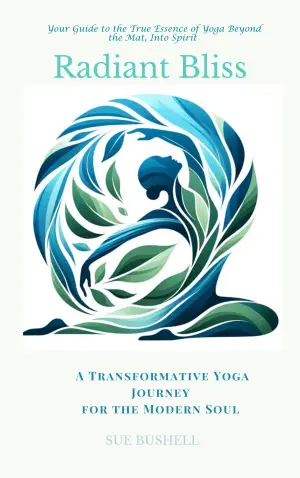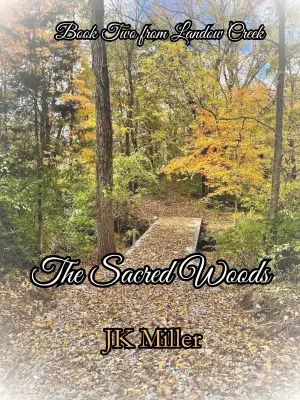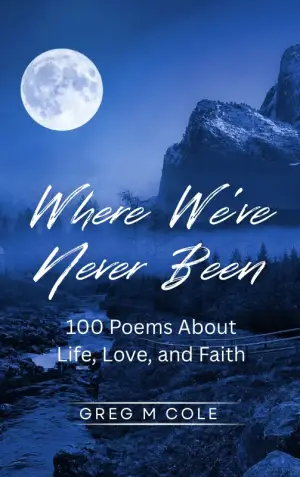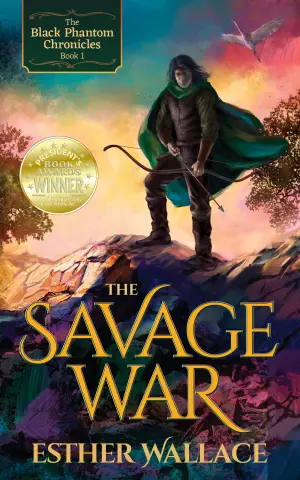Finding Permission to Grieve: A Personal Journey through As Long as You Need: Permission to Grieve by Jason A. Park
It’s funny how life has a way of handing us exactly what we need at the most unexpected moments. I pre-ordered Jason A. Park’s As Long as You Need: Permission to Grieve back in February, motivated by my admiration for his previous work, The Voices We Carry, and the assurance I found in his Instagram reflections. Little did I know that the day it arrived on my doorstep would also be the day my husband passed away. Timely, yes—perhaps too much so. Yet, in that moment, I couldn’t help but take it as a profound sign: God saw me, loved me, and granted me permission to indulge in my grief however long it took.
From the outset, Park offers a haven within the pages of this book for all who navigate the tumultuous waters of grief. It’s more than just words; it’s an experience that is intricately woven into the fabric of human loss. Park acknowledges that grief is profoundly personal and varies immensely from one person to another. His chapters cover diverse forms of loss—losing loved ones, autonomy, and even mental health—providing readers essential permission to grieve as they see fit.
What struck me most was Park’s ability to articulate feelings I often struggled to express, especially during this sea of sorrow. He nimbly balances narratives of his own experiences as a chaplain with stories from those he’s encountered—layers of grief that reflect the multitude of emotions so many of us face. Chapter one poignantly speaks to the "loss of future dreams." This resonated deeply with me, as I grappled with a future now devoid of the dreams my husband and I had built together. But Park’s way of showing the beauty that can emerge from grief—a "crucible of fire" writing that creates gems from sorrow—was inspiring.
While some readers might find the narratives too personal, lacking the universal resonance they need, for me, they were validation. They were reminders that my feelings were not only acceptable but shared by others navigating similar paths. I found solace in the chapter assertions that grief isn’t linear—a profound thought that affirms your pain, no matter how long or winding your journey may be.
Park’s reflections on faith are also compelling. He explores a faith that often feels fragile when faced with such profound loss, struggling through doubt while still holding onto love and compassion for others. This balance is something we can all relate to in moments of vulnerability. His concluding prayer, urging us to seek the face of God in our neighbors, resonates with an invitation to transform pain into purpose.
In conclusion, I wholeheartedly recommend As Long as You Need not just for those walking through their grief, but for chaplains, social workers, friends, and family members seeking to better understand and support the grieving. It’s a book that invites you to linger and reflect, showcasing that grief has a language all its own. For me, this will be a book I revisit—each reading offering new insights and comfort. It’s a gentle reminder that however long I need to grieve, I am allowed to take that time. Every wound indeed is a calling, and in those moments of pain, we also find glimpses of grace.
Discover more about As Long as You Need: Permission to Grieve on GoodReads >>











